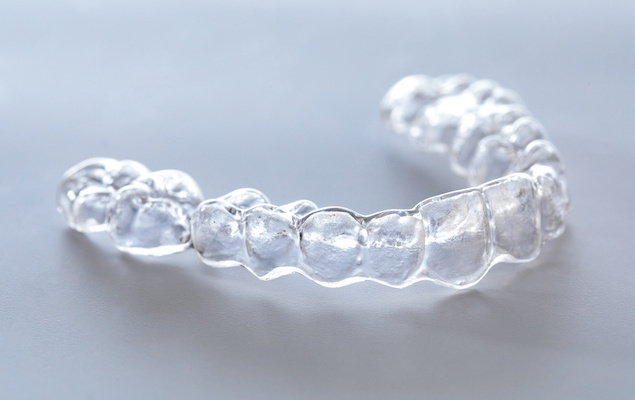
Are plastic dental devices cause for concern?

Modern dentistry and orthodontics rely heavily on plastic — from toothbrushes and toothpaste tubes to night guards, aligners and retainers. While plastics are often essential for dental treatments, some researchers have raised concerns about the nanoplastics shed into the mouth. However, definitive evidence in humans is lacking.
Ben Wu, D.D.S., Ph.D., chief scientific officer of the ADA Forsyth Institute, said the association is “closely monitoring the scientific literature on microplastics” but that “no clinical evidence currently exists showing a meaningful oral or overall health impact from the particles.” Dr. Wu advises patients to monitor the condition of their aligners or other plastic dental devices for cracks, roughness, or breaks and consult their dentist or orthodontist for an assessment or replacement. Patients could also opt for metal braces or retainers, Dr. Wu said. The American Association of Orthodontists is calling for more research.
This article is behind a paywall, but members can join for free to read it.
Read more: The Atlantic
The article presented here is intended to inform you about the broader media perspective on dentistry, regardless of its alignment with the ADA's stance. It is important to note that publication of an article does not imply the ADA's endorsement, agreement, or promotion of its content.